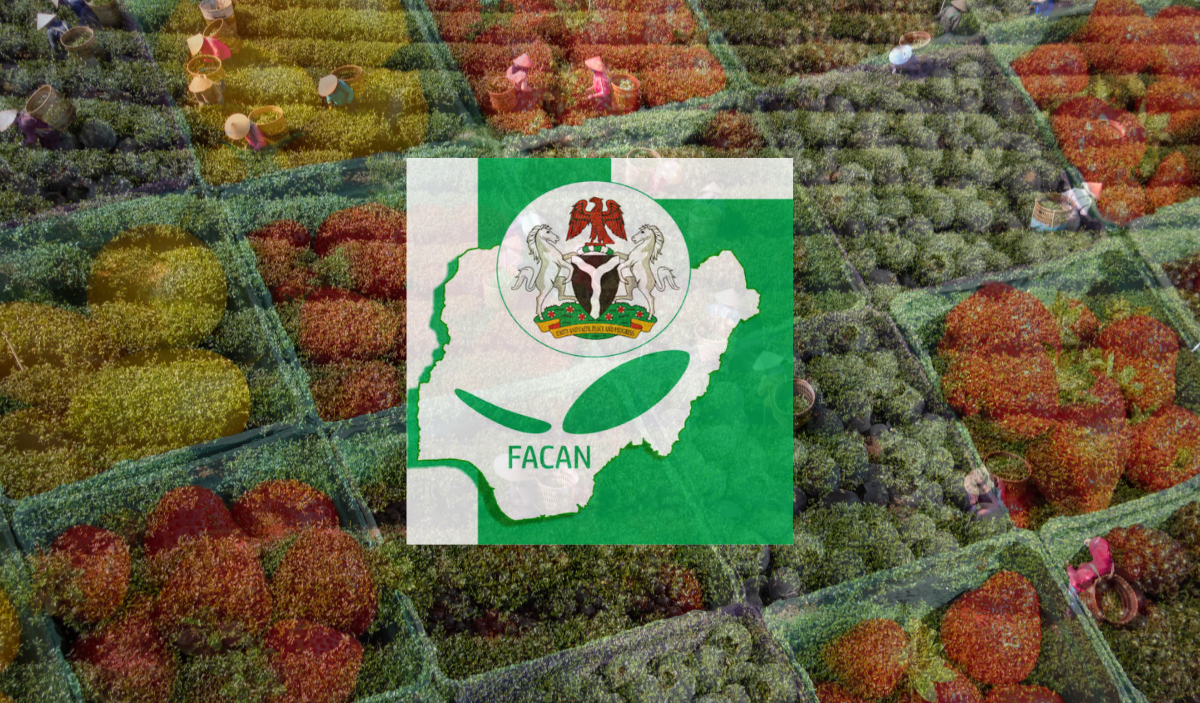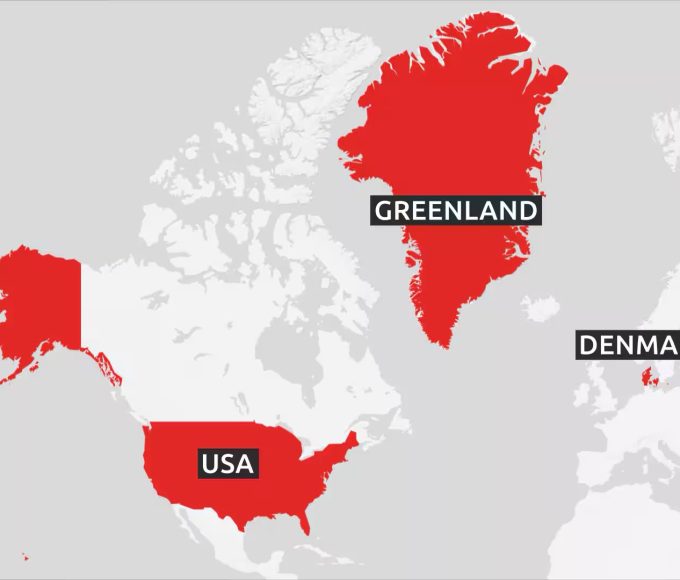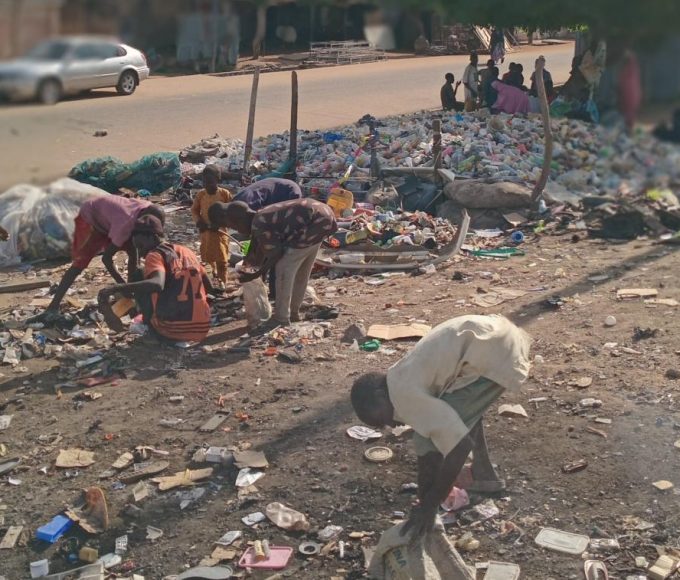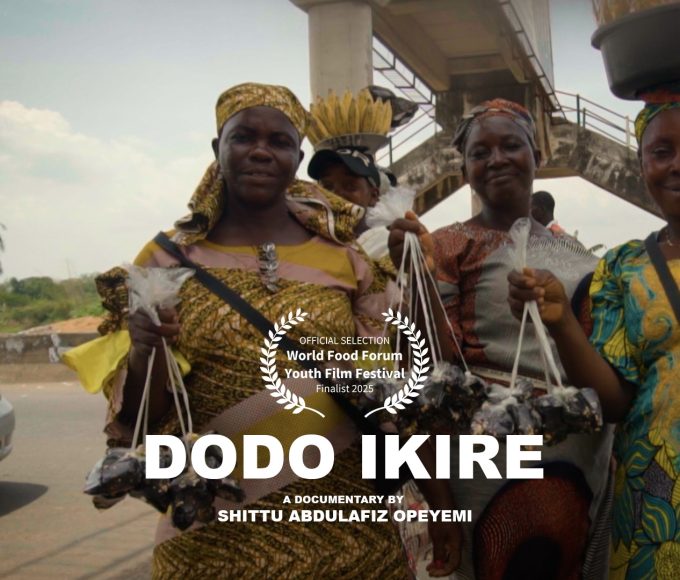
Fasting Over Farming? Nigeria’s Agricultural Sector Suffers as Ministry Calls for Prayers, Not Reforms

Despite its vast land resources and diverse crop production, Nigeria’s agricultural sector remains trapped by decades of oil dependency, growing insecurity, and underinvestment. Compared not only to global agricultural exporters like the United States and Brazil, but also to some of its African neighbours, Nigeria’s agriculture presents a paradox: great potential, yet poor performance.
Agriculture: The Sleeping Giant
With over 70.8 million hectares of agricultural land and 36.9 million hectares classified as arable, Nigeria has the potential to be a farming superpower. In 2023, crops like cocoa beans (₦258.45 billion), sesame seeds (₦253.7 billion), and cashew nuts (₦194.22 billion) were among the top non-oil exports, accounting for approximately 40 per cent of the country’s non-oil export value.
Yet, only 46 per cent of Nigeria’s arable land is currently cultivated, and just 220,000 hectares are under irrigation, which is less than 10 per cent of the country’s irrigation potential. This inefficiency severely limits agricultural output, especially in the face of climate variability and population growth.
Agriculture vs. Oil: Misplaced Priorities
While agriculture contributes around 25 per cent of Nigeria’s GDP, oil continues to dominate export revenues, making up over 80 per cent of Nigeria’s foreign exchange earnings despite accounting for less than 10 per cent of GDP. This narrow economic base leaves the country vulnerable to oil price shocks and distracts from the long-term economic security that agriculture can offer.
By contrast, Brazil, with similar land potential, earns over $120 billion annually from agricultural exports. Meanwhile, the Netherlands, with just 4.5 per cent of Nigeria’s landmass, exports over $120 billion in processed and re-exported agricultural products due to its world-class logistics and processing facilities.
Insecurity: The Silent Killer of Nigerian Agriculture
Compounding the neglect is the deepening insecurity in Nigeria’s farming regions. Armed banditry, kidnappings, and insurgency in northern and middle-belt states have made farming dangerous and often impossible. According to the Nigerian Farmers Association, over 60 per cent of smallholder farmers in high-risk areas have reduced or completely stopped their agricultural activities since 2020.
In places such as Zamfara, Kaduna, Benue, and Taraba, farmers are often forced to abandon their land. Commercial farms have reported spending millions of naira annually on private security, which has drastically increased operational costs and deterred investment.
This insecurity not only disrupts food production but also undermines Nigeria’s export capacity, driving up food prices and worsening poverty in rural areas.
African Comparisons: A Mixed Picture
In Africa, several countries rely heavily on agriculture for national income, even if their absolute outputs are smaller than Nigeria’s. Countries such as Sierra Leone (64.35 per cent), Niger (47.81 per cent), and Burundi (35 per cent) derive most of their GDP from agriculture. These economies are primarily based on subsistence farming, highlighting the contrast in national priorities.
While these countries have smaller landmasses, Burundi, which has only 2.2 million hectares of agricultural land, treats agriculture as a primary economic pillar. Ethiopia, for instance, despite having less arable land than Nigeria, which is 36.3 million hectares vs. 70.8 million, has made strides in boosting agricultural productivity through policy focus, extension services, and rural infrastructure investment.
Nigeria, despite having the largest agricultural land area in West Africa, remains under-leveraged due to fragmented policies, weak value chains, and systemic insecurity.
The Opportunity Cost
When Nigeria’s performance is viewed in context, the opportunity cost becomes clear:
| Country | Agri Land (ha) | % GDP from Agriculture | Major Exports | Export Value (USD) |
| Nigeria | 70.8M | ~25% | Cocoa, sesame, cashew | ~$2B (2023) |
| Ethiopia | 36.3M | ~36% | Coffee, sesame | ~$4.3B (2023 est.) |
| Brazil | 288.3M | ~7% | Soya, cotton, cocoa | ~$120B (2022) |
| Netherlands | 1.8M | ~2% | Cocoa, palm oil (re-export) | ~$120B (2023) |
Despite leading Africa in the volume of many cash crops, Nigeria ranks far lower in terms of export value, processing, and value addition. The vast majority of its crops are exported raw, resulting in a loss of returns from processed goods such as chocolate, oils, or packaged nuts.
What Must Change?
To transform agriculture from a missed opportunity into a national growth engine, Nigeria must act decisively:
- Prioritise rural security: Provide protection for farmers and invest in community peacebuilding in conflict-prone areas.
- Boost mechanisation: Equip farmers with tools to move beyond subsistence farming.
- Expand irrigation infrastructure: Reduce reliance on rain-fed agriculture.
- Develop agro-processing industries: Add value to crops before they are exported.
- Redirect government policy and funding: Agriculture must move from being a “backup” sector to a strategic national priority.
Nigeria’s agriculture should be a symbol of abundance. Instead, it is a victim of misaligned priorities, systemic insecurity, and underutilisation. Compared to its African peers and global counterparts, Nigeria is not lacking in resources; it is lacking in action.
The land is fertile, the market is waiting, and the world is hungry.
What Nigeria lacks is the will to sow the right policies, secure its farmers, and harvest the benefits of a truly thriving agricultural economy.
About The Author
Mayowa Durosinmi
author
M. Durosinmi is a West Africa Weekly investigative reporter covering Politics, Human Rights, Health, and Security in West Africa and the Sahel Region
Mayowa Durosinmi
M. Durosinmi is a West Africa Weekly investigative reporter covering Politics, Human Rights, Health, and Security in West Africa and the Sahel Region
Related Articles
Trump’s Greenland Threat Forces Europe to Taste the Logic of Western Colonial Power
It rarely begins with soldiers. More often, it begins with a sentence,...
ByWest Africa WeeklyJanuary 21, 2026Surviving Poverty Through Pollution: A Day in the Life of Adamawa Bola Boys
Before leaving Lagos, I was sure that I had left behind memories like...
ByBankole Taiwo JamesNovember 20, 2025How Shittu Abdulafiz Opeyemi Made Dodo Ikire a Global Story
When the young filmmaker from southwestern Nigeria, Shittu Abdulafiz Opeyemi, set out...
ByIkenna ChurchillNovember 3, 2025The Nobel Peace Prize: A Weapon of Western Hegemony
From Dynamite to Diplomacy, the Birth of a Paradox Alfred Nobel, the...
ByAbdirahman Mohamed AhmedOctober 13, 2025












Leave a comment